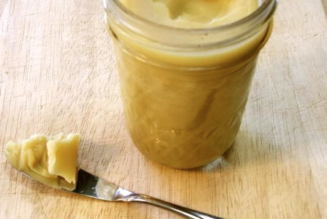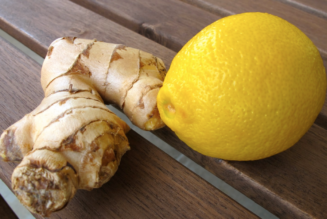The Alchemy Of Water
Metals have long been a big component in treatment and healing therapies in the field of Ayurveda. From fine powdered substances (Bhasmas) to simple water, metals have been added to ayurvedic formulations in order to alleviate certain conditions and disorders. The most commonly used metals are iron, copper, gold and silver. These metals are processed and undergo rigorous and thorough purification to avoid any negative effects on the body. However, using water charged with the qualities and energetics of the metals can be safe for consumption as they do not involve ingestion of the actual metals.
Disclaimer – Important:
This is strictly for educational use. Not medical advice. Toxic metals, including “heavy metals,” are individual metals and metal compounds that can negatively affect people’s health. In very small amounts, many metals are necessary to support life. However, in larger amounts, they become toxic. The most popular metal waters include: Gold water, Silver water and Copper water. They each have tremendous health benefits and can be quite simple to make. Below are some of the health benefits of each type of metal water.
Health Benefits Of Gold Water
Gold is not only beautiful but has divine properties that can assist in maintaining balanced health. It is also heating and so should be used in caution in conditions with excess heat.
· Strengthens the nervous system
· Improves memory and intelligence
· Increases stamina
· Beneficial in Arthritis
· Asthma
· Breathlessness
Fascinating Video: The Secrets Of Mono-Atomic Gold
Health Benefits Of Silver Water
Silver, in contrast to gold, has cooling effects on the body and is therefore recommended in cases of excess heat. However as with gold, it should be used with caution. Because of its cooling nature, in cases of colds and heavy damp qualities in the body Silver should be avoided.
· Antiseptic properties
· Increases strength and stamina
· Beneficial in emaciation
· Antibacterial properties
· Useful in heartburn and fevers
· Beneficial in Inflammation and Menorrhagia
· Works as a Disinfectant
Health Benefits Of Copper Water
Copper is perhaps the most widely used metal for health benefits. Copper vessels are used extensively in India and drinking from a copper cup daily is seen as assisting in maintaining optimum health. Copper is particularly beneficial for these conditions:
· Obesity
· Liver and spleen disorders
· Joint issues
· Polio
· Hypertension
· High cholesterol
· Stress and mental tension
· Paralysis
· Benefits the nervous and circulatory system
· Aids in bone health
Preparations for Metal Water
1. Collect the metal pieces that you need. When using Gold, Silver or Copper, it is best to use pure and unadulterated pieces. If using Gold, it is best to use pure 24ct Gold. This can be either in the form of coins or a gold band – Make sure that other ornaments and gems are not used. If using silver, ensure again that it is pure silver without gems and ornaments. Pure Copper utensils such as a cup or vessel are best for use.
2. Place the metal in a steel pot. 20grams of Gold and 30 grams of Silver is a sufficient quantity for usage. Copper pieces can weigh a little more; up to 50 grams can be used.
3. Add 5 cups of fresh water into the pot and boil steadily until half the water remains.
Roughly about 2 – 2.5 cups.
4. Strain through a muslin or cheesecloth and remove the metal pieces.
5. Take 2 teaspoons of this water three times a day for maximum benefits.
References
· Lad, V. (1999). The complete book of Ayurvedic home remedies
· Lad, V. (2002). Textbook of Ayurveda
· Pole, S. (2013). Ayurvedic medicine the principles of traditional practice

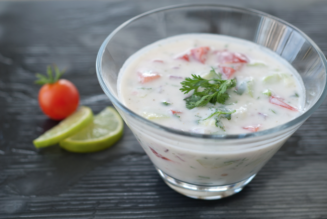
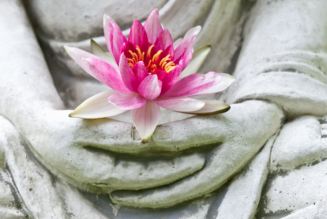
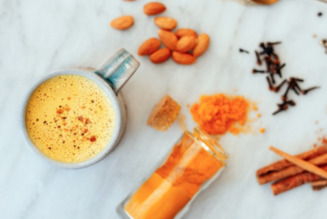
![Female Health: Amenorrhea [cessation of menses] – An Ayurvedic Perspective](https://healthyayurveda.com/wp-content/uploads/2015/07/1.-Amenorhea--327x219.png)

